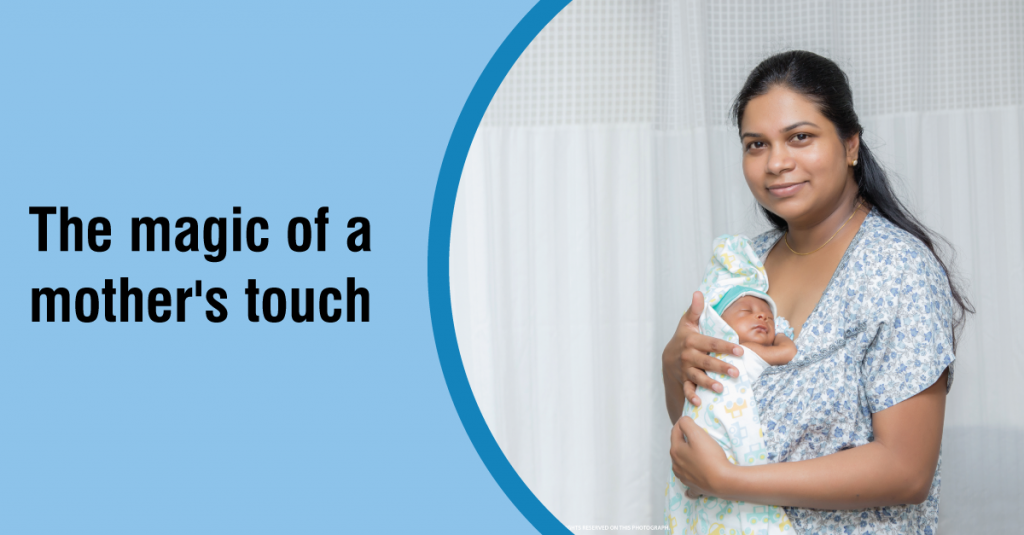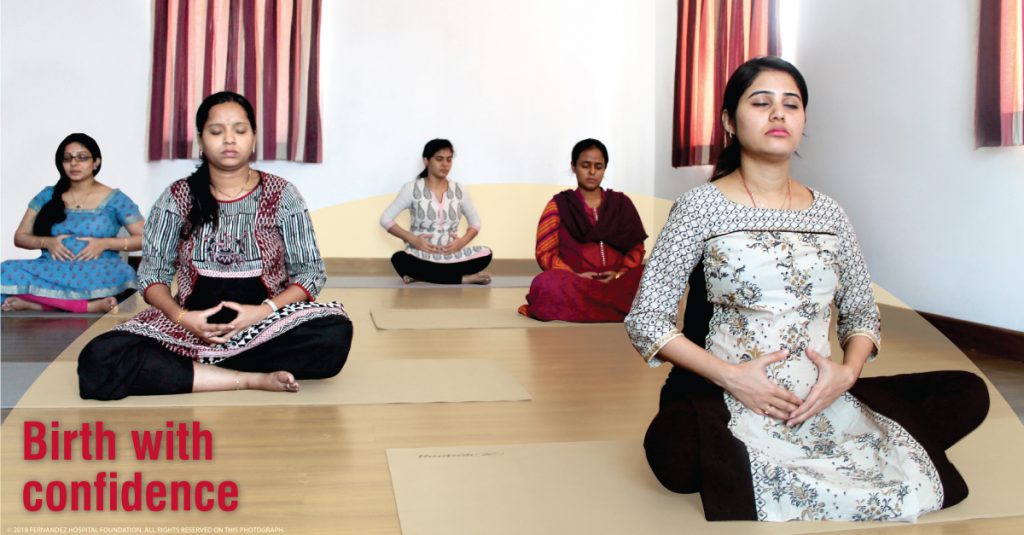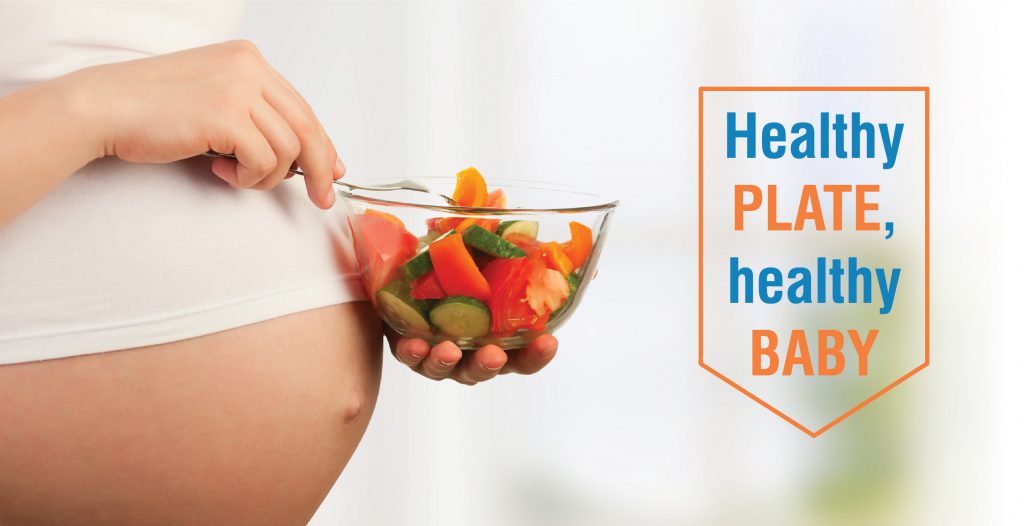 Over the past seven years, my views on childbirth practices have taken a 180 degree turn. Today, I am convinced we obstetricians in India need to UNLEARN a lot of what we have been taught, and we need to LISTEN more to the women we are privileged to serve.
Over the past seven years, my views on childbirth practices have taken a 180 degree turn. Today, I am convinced we obstetricians in India need to UNLEARN a lot of what we have been taught, and we need to LISTEN more to the women we are privileged to serve.
I realized, to my horror and shame, that we have indeed been violating a woman’s human right with regard to childbirth. Every time we fail to share/offer honest evidence based information, fail to give her the freedom to make a choice, prevent her from having a birth companion, refuse to let her birth in the position she finds most comfortable, we are violating her rights.
With a birth rate of 22 million a year, India has an overwhelming volume of laboring mothers, in overcrowded, poorly staffed hospitals. With institutional deliveries being made mandatory, the majority of our women are subjected to “obstetric violence,” which translates into physical and verbal abuse by healthcare workers, who are ignorant and insensitive to woman-centered care. I admit to being that myself (ignorant and insensitive) particularly in my early years of training and as a young obstetrician. Compounding all of this is the utter lack of privacy, loss of dignity and respect. Our women, especially the voiceless poor, birth in appalling environments.
Human rights in childbirth has today become a global movement which is gaining strength, and rightly so. Women, doctors, lawyers, midwives and activists are coming together to offer solutions to help protect the basic human rights of birthing women. We in India need to wake up. All levels of health care workers involved in maternity services, need to wake up. We need to reflect, rethink, and change our attitude and understanding of childbirth practices.
Rebecca Schiller in her well researched and well written book “Why Human Rights in Childbirth Matter” says “Looking at how a society approaches childbirth, how it constructs a system around it, the rituals, the rites and the way it treats the key protagonist – the birthing woman – is akin to taking the temperature of that society. Nothing says more about the communities we live in than how they treat their most vulnerable at this extraordinary time.” – Rebecca Schiller, Why Human Rights in Childbirth Matter (Pinter & Martin Why It Matters 9)
India is hosting the International Human Rights in Childbirth Conference in February (2 – 5th) in Mumbai. I hope, it will help bring about the much needed change in attitude, practices, and more importantly, help build a network of support for women birthing in our country.
For more details about the Conference, please visit : http://www.humanrightsinchildbirth.org/event/india-2017/






 Over the past seven years, my views on childbirth practices have taken a 180 degree turn. Today, I am convinced we obstetricians in India need to UNLEARN a lot of what we have been taught, and we need to LISTEN more to the women we are privileged to serve.
Over the past seven years, my views on childbirth practices have taken a 180 degree turn. Today, I am convinced we obstetricians in India need to UNLEARN a lot of what we have been taught, and we need to LISTEN more to the women we are privileged to serve.